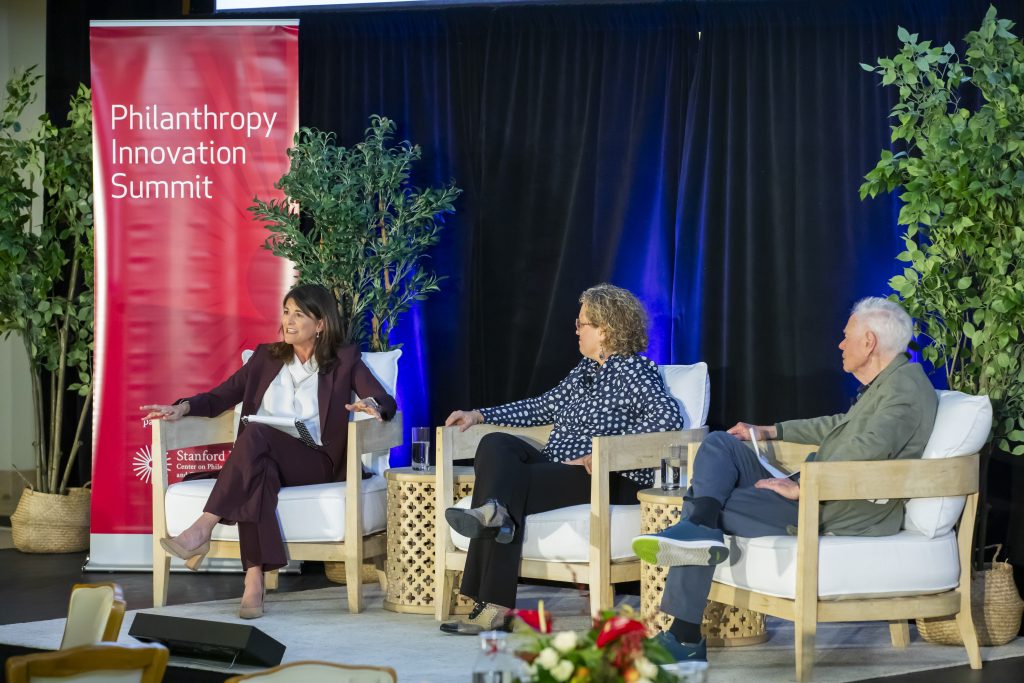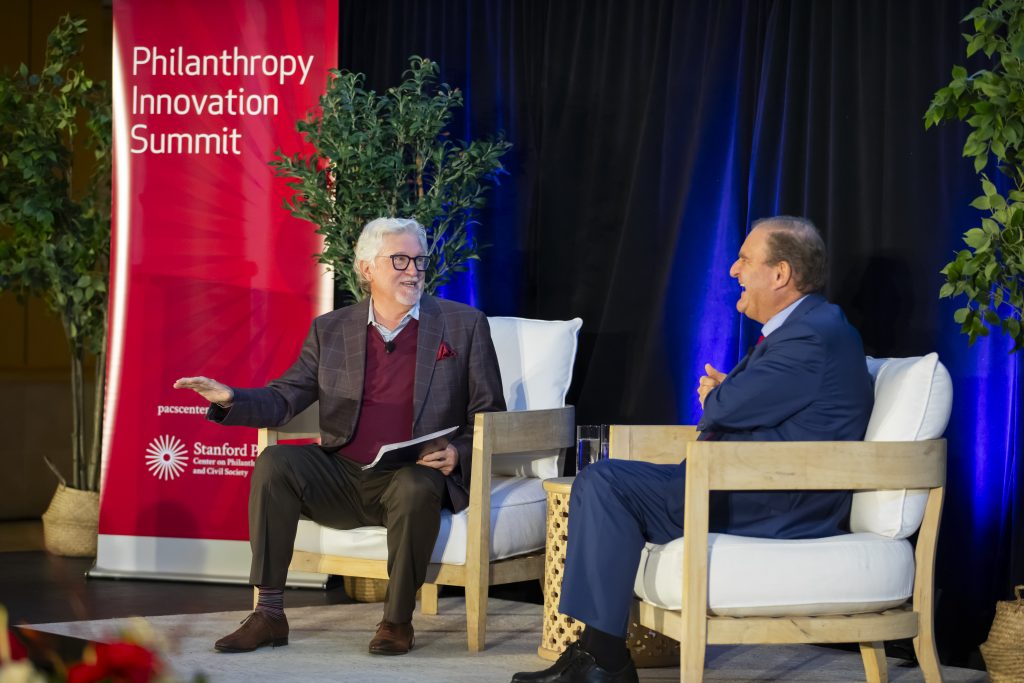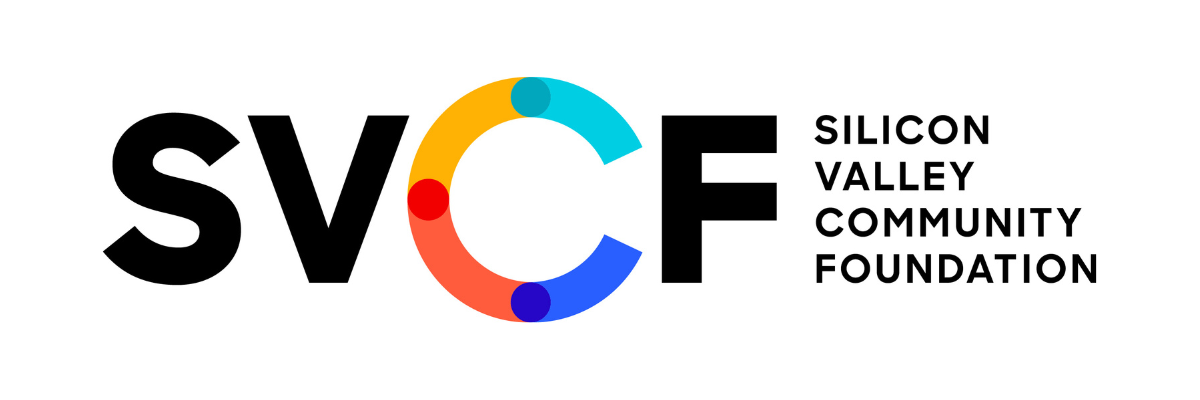On March 5th-6th, 2025 more than 250 members of the Summit community gathered for an inspiring two-day event filled with learning, collaboration, and meaningful conversations.
The Philanthropy Innovation Summit is Stanford PACS’ flagship event, designed exclusively for individual and family philanthropists to learn and connect in a non-solicitation environment. This invitation-only gathering offers attendees a unique opportunity to explore innovative strategies for impactful giving. This year’s Summit program was driven by a renewed sense of urgency, focusing on the critical intersections of humanity, technological innovation, democracy, and societal health.
We invite you to explore the highlights, including insights from Jane Fonda, Cari Tuna, Alice Waters, John Palfrey, Mellody Hobson, Stanford University President Jonathan Levin, Frank McCourt and more.



Photography by: Christine Baker
Thank You to Our Sponsors
Stanford Center on Philanthropy and Civil Society
The Stanford Center on Philanthropy and Civil Society (PACS) is a global interdisciplinary research center and publisher of the Stanford Social Innovation Review (SSIR). Stanford PACS develops and shares knowledge to improve philanthropy, strengthen civil society, and address societal challenges. By creating a shared space for scholars, students, and practitioners, Stanford PACS informs policy and social innovation, philanthropic investment, and nonprofit practice.





